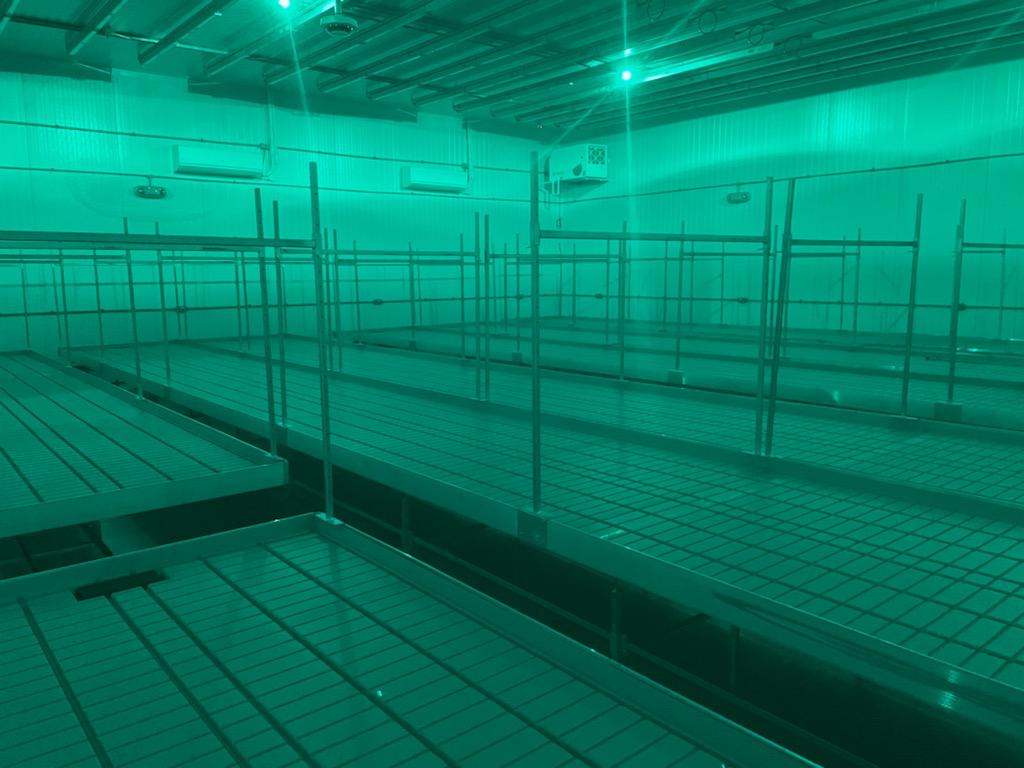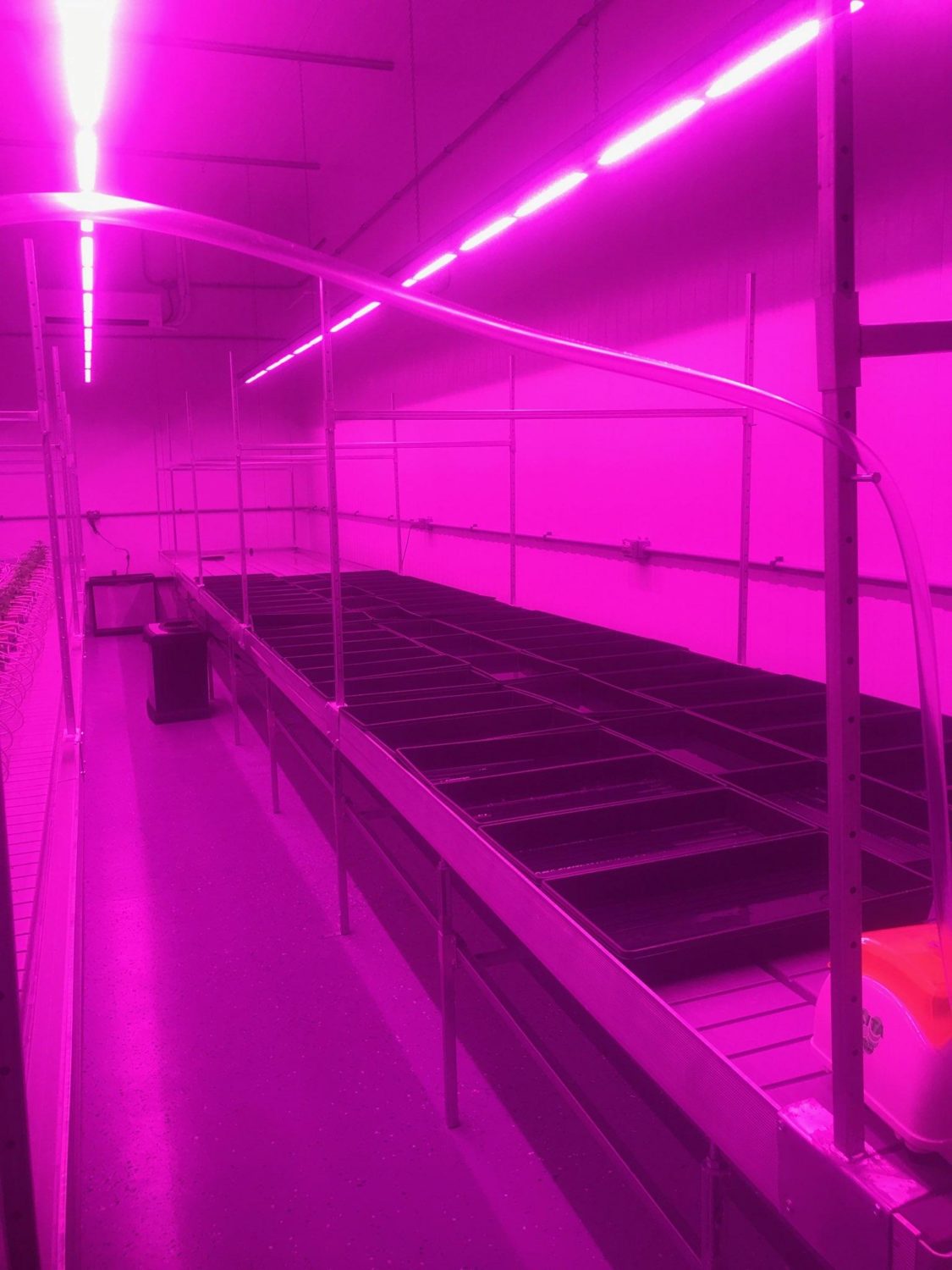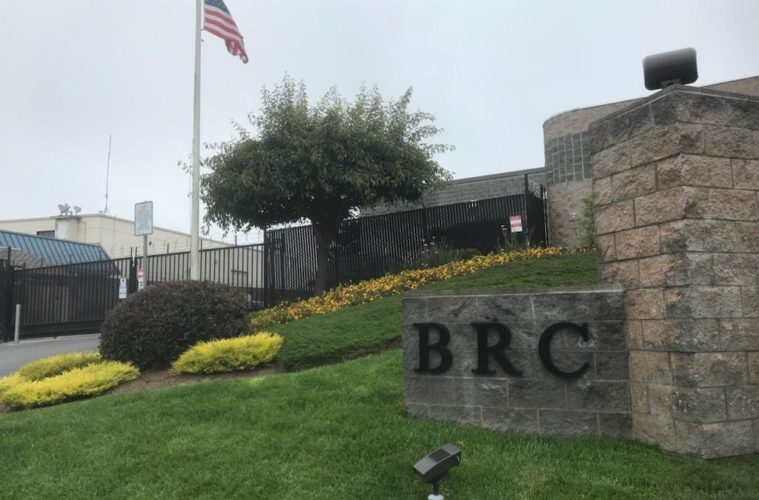The DEA is finalizing the effort to increase the number of permitted research-grade marijuana growers after initially receiving guidance from its own administrative law judge in February 2007.
The companies spent years in permit limbo hoping to provide research quality pot.
As we noted just before the pandemic hit – when the rules governing the growers were issued – the ban on allowing more producers resulted in a research-grade cannabis monopoly that favored the National Institute on Drug Abuse’s University of Mississippi farm. The situation was originally challenged by University of Massachusetts Amherst professor, Lyle Kraker.
Nearly 20 years ago, on June 28, 2001, Kraker applied to be a dosage forms manufacturer of marijuana. The DEA denied his application, directing him to reapply as a bulk manufacturer. He did so in the summer of 2002. He was again stonewalled, despite following orders. So, he fought back.
Five years later, DEA Administrative Law Judge Mary Ellen Bittner would side with Kraker in his dispute with the DEA. Bittner believed the case was valid.
It would end up taking the DEA 5,206 days to execute Bittner’s recommendation.
One of the people that has taken part in the fight since its inception is Multidisciplinary Association for Psychedelic Studies (MAPS) founder, Rick Doblin. Doblin and MAPS backed Kraker’s initial bid all those years ago. He said his main thoughts on the situation are it’s about time.
“Prof. Lyle Craker, UMass Amherst, has retired and the DEA withdrew his application,” Doblin told L.A. Weekly in an email. “Of all the people who deserved a license, it was Lyle who first applied in 2001 with support of MAPS, with Lyle winning a DEA Administrative Law Judge hearing in 2007 but the DEA rejected the recommendation that it would be in the public interest for Lyle to be licensed.”
Doblin noted that even though his application won’t be one of those approved after two decades in permit purgatory, Kraker was still happy to see progress being made.
“Sadly, the DEA delays of 20 years succeeded in outlasting him. Lyle was happy to learn that his work has not been in vain and that some people did receive licenses and now marijuana drug development with domestically produced marijuana is possible,” Doblin said.
California-based Biopharmaceutical Research Company is one of the applicants that got word last Friday that their permit has been approved. While there is some final paperwork to ink, the company – founded by former Navy SEAL George Hodgin after he got exposed to the lack of research around medical cannabis while he was in grad school at Stanford – is looking to get flowers out to researchers in the fall.

BRC’s rooms have sat idle waiting for last Friday for years.
“Everything’s ready to go. So the lights are up, the tables are up. As soon as we get that registration will start growing,” Hodgin told L.A. Weekly. “We’re growing under LED. I think our tech will evolve as we get more experienced and as time goes on.”
Hodgin noted that now that they’ve got the regulatory hurdles out of the way, the company can begin to focus on the quality of the product. They will be sending their first permit-approved batch off to researchers as soon as the first crop drops.
We asked Hodgin if the genetics he’ll use are already collected, or if Friday served as the window opening for him to start hunting down seeds.
“We can now go out and source materials in a compliant fashion,” Hodgin replied. “We’re focused on all the genetics that researchers want. So some instances it’s a particular terpene profile, in some instances they just want high THC material. And that’s kind of the extent of it.”
Hodgin means DEA-compliant, not adult-use compliant. Meaning he won’t be able to grab seed packs from the recreational market and grow them in his facility.
“We think we’re as dialed in as we can be without having run a full-scale production in the facility,” Hodgin said. “It’s not that bad, right? Like a lot of testing equipment calibration dialing in lighting regimen et cetera, but our team is really well versed and experienced.”
For years, researchers would walk into dispensaries and wonder why they couldn’t get access to the same high-quality marijuana for their own scientific studies. We asked Hodgin with the barriers now removed, how cool is it to be one of the people that’s going to help end the negative parts of the discussion on U.S.-grown research-grade marijuana?
“It’s such an honor to have this platform, and we are so fired up,” Hodgin said. “I think the whole medical community and scientists have felt like they’ve been forced to watch on the sidelines – what’s going on with patients around the country – and they haven’t been able to participate in earnest. Now we’re solving that for them. Now they can participate and they can dive into cannabis, and helping patients. They don’t have to watch from the sidelines anymore. It’s incredibly exciting and an incredible honor.”
Advertising disclosure: We may receive compensation for some of the links in our stories. Thank you for supporting LA Weekly and our advertisers.

